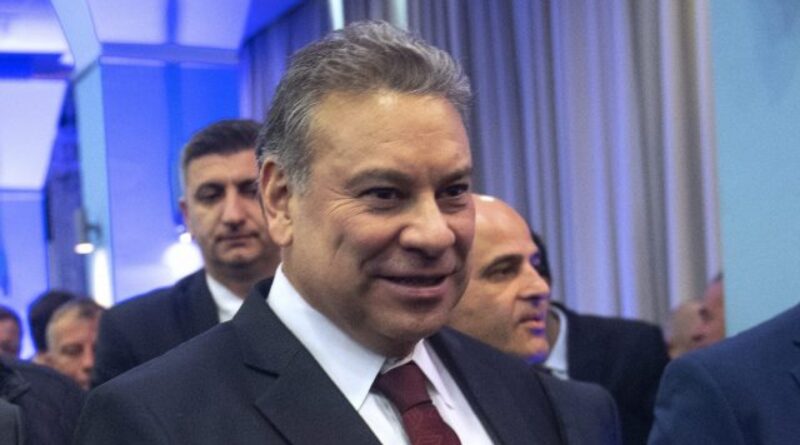US Senate: Kosovo-Serbia Dialogue Remains Key Issue in Western Balkans
The US Senate Foreign Relations Committee was told on Thursday that neither Kosovo nor Serbia was making much effort to implement the EU-brokered deal on normalisation of relations.

US special envoy for the Western Balkans Gabriel Escobar reacts after the Belgrade-Pristina Dialogue in Ohrid, North Macedonia, March 18, 2023. Photo: EPA-EFE/GEORGI LICOVSKI
The Kosovo-Serbia dialogue remains one of the main issues of concern in the Western Balkans, the US Senate Foreign Relations Committee hearing on Thursday heard.
State Department Counsellor Derek Chollet warned: “We are not seeing great effort on the implementation of this agreement by either party.”
He was referring to the Kosovo-Serbia agreement on normalization of relations reached in February in Brussels, followed by an implementation plan agreed in March in Ohrid, North Macedonia.
Although neither Kosovo’s nor Serbia’s leaders have signed the agreement, it is considered legally binding by the EU and the US after EU High Representative for Foreign Affairs Josep Borrell announced it on March 19, 2023, after meeting Kosovo PM Albin Kurti and Serbian President Alexandar Vucic in Ohrid.
One of the main stumbling blocks is Kosovo’s implementation of an autonomous Association of Serb-majority municipalities in Kosovo.
The US special envoy for the Western Balkans, Gabriel Escobar, on Thursday tried to assure Kosovo that the association would not undermine the country’s integrity, as it would “be placed within the legal structure of Kosovo”.
Many Kosovars worry about the creation of another Republika Srpska, referring to the Serb-run entity in Bosnia and Herzegovina, which takes little heed of Bosnia’s state-level government.
In early May, Kosovo’s Kurti refused to accept a draft statute for the establishment of the Association of Serb-majority municipalities, claiming it would establish an entity like Republika Srpska.
But Chollet reminded the Senate that “the association is an agreement reached ten years ago”, and said the hope was that it would make Serbs concentrated in the north of Kosovo “less connected to Belgrade”.
Meanwhile, the chairman of this Senate Committee, Robert Menendez, also asked Escobar and Chollet asked what the US was doing to address the rights of the Albanian minority in Serbia.
Belgrade has been deleting the addresses of ethnic Albanians in southern Serbia, “while Serbia is trying to politicize the issue of minority rights in Kosovo”, he said.
Escobar said the US embassy in Belgrade was “committed to this issue. We are using USAID money … to provide critical protection for Albanians, not only Albanians but also Bosniaks and other communities within Serbia”,
After Kosovo, Bosnia is considered the second biggest issue in the Western Balkans by the US.
Escobar said the use of so-called “Bonn-Powers” by Bosnia’s international envoy in charge of overseeing implementation of 1995 Dayton peace accords that ended Bosnia’s 1992-95 was a difficult but necessary decision – especially in dealing with Bosnian Serb leader Mlorad Dodik.
“We are deeply concerned about the President of Republika Srpska, Dodik, and his anti-democratic actions. In collaboration with our partners, we will strive to dissuade Dodik from divisive rhetoric and secessionist tendencies,” he said.

